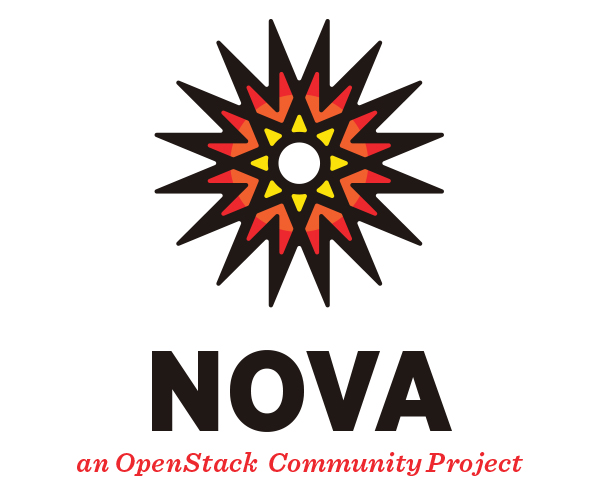At the recent Open Infrastructure Summit in Denver, project team leads (PTLs) and core team members offered updates for the OpenStack projects they manage, what’s new for this release and what to expect for the next one, plus how you can get involved and influence the roadmap.
Superuser features summaries of the videos; you can also catch them on the OpenStack Foundation YouTube channel.
What
Nova, OpenStack’s compute service. The project aims to implement services and associated libraries to provide massively scalable, on demand, self-service access to compute resources, including bare metal, virtual machines and containers. One of the oldest OpenStack projects, Nova has 223 contributors for the Stein release and, according to the last User Survey, it’s deployed by 82 percent of OpenStack users.
Who
Current PTL Eric Fried of Intel and Melanie Witt, PTL for the Rocky and Stein releases, who works at Red Hat.
What’s new
This release cycle the team focused on delivering what would impact users the most, working around a series of themes, Witt says. These included:
- Compute nodes capable to upgrade and exist with nested resource providers for multiple vGPU types
- Multi-cell operational enhancements: resilience to “down” or poor-performing cells and cross-cell server resize
- Volume-backed user experience and API hardening: ability to specify volume type during boot-from-volume, detach/attach of root volume, and volume-backed server rebuild
As a result, the team delivered a ton of new features — plus a series of microversions — for the Stein release, among them:
- Run with placement-in-nova or install/upgrade to extracted placement 1.0.0 (forum session)
- Placement-in-nova will be removed in the Train release, plan your migration ⏱
- Specify a volume type in block device mapping when creating servers (microversion 2.67) (spec)
- Partial info is now shown for servers in down cells (microversion 2.69) (summit presentation)
- Nested Resource Providers in placement are real!
- Create servers with QoS on Neutron ports with microversion 2.72
- Compute inventories are reshaped to put VGPU resources in a child provider
- Set overcommit allocation ratios in nova.conf or by calling the placement API directly
- Compute capabilities are now exposed as traits in the placement API
- The [compute]resource_provider_association_refresh configuration option can now be set to zero to disable refresh entirely. This should be useful for large-scale deployments
- The VMwareVCDriver now supports live migration
- Configure nova-compute to manage a subset of Ironic nodes using [ironic]/partition_key
- QEMU-native TLS for live migration in the libvirt driver configurable using [libvirt]/live_migration_with_native_tls (libvirt 4.4.0 and QEMU 2.11.0)
What’s next
They’re already full steam ahead with improvements for the Train release, here’s an overview of the work in progress:
- Count quota usage from Placement
- Resize/Migration
- Rootwrap => privsep conversion (and maybe more)
- Remove mox
- Provider Tree Reshaper FFU
- Placement upgrade paths with deployment tools
- Emulated Virtual TPM
- Support AMD SEV
- Specify multiple CPU models
- Attach and detach root volumes on a shutdown instance
- Rebuild a volume-backed instance with a new image
- Remove cellsv1
- Remove nova-network
- Remove nova-console service
- Clean up API inconsistencies
- Refresh API policies
Get involved!
Use Ask OpenStack for general questions
For roadmap or development issues, subscribe to the mailing list openstack-discuss at lists.openstack.org and use the tag [nova]
Check out the Nova wiki for more information on how to get involved – whether you’re just getting started or interested in going deeper. Participate in the weekly meetings: Thursdays alternating 14:00 UTC (#openstack-meeting) and 21:00 UTC (#openstack-meeting).
View the entire 35-minute session below.
- Exploring the Open Infrastructure Blueprint: Huawei Dual Engine - September 25, 2024
- Open Infrastructure Blueprint: Atmosphere Deep Dive - September 18, 2024
- Datacomm’s Success Story: Launching A New Data Center Seamlessly With FishOS - September 12, 2024

)








